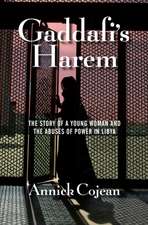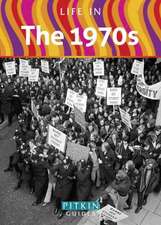Global Pulls on the Korean Communities in Sao Paulo and Buenos Aires
Autor Won K. Yoonen Limba Engleză Hardback – 9 iun 2015
Preț: 662.85 lei
Preț vechi: 860.85 lei
-23% Nou
Puncte Express: 994
Preț estimativ în valută:
126.83€ • 132.78$ • 104.95£
126.83€ • 132.78$ • 104.95£
Carte tipărită la comandă
Livrare economică 07-21 aprilie
Preluare comenzi: 021 569.72.76
Specificații
ISBN-13: 9781498508421
ISBN-10: 1498508421
Pagini: 216
Ilustrații: 7 black & white illustrations, 8 tables
Dimensiuni: 155 x 231 x 15 mm
Greutate: 0.34 kg
Editura: Rowman & Littlefield
ISBN-10: 1498508421
Pagini: 216
Ilustrații: 7 black & white illustrations, 8 tables
Dimensiuni: 155 x 231 x 15 mm
Greutate: 0.34 kg
Editura: Rowman & Littlefield
Notă biografică
By Won K. Yoon
Descriere
This book looks at two Korean communities, one in Sao Paulo and the other in Buenos Aires, in order to identify the global pulls that have affected Korean identity formation, community development patterns, integration efforts, social mobility, education for children, remigration, return migration, and relationships with the host communities.












